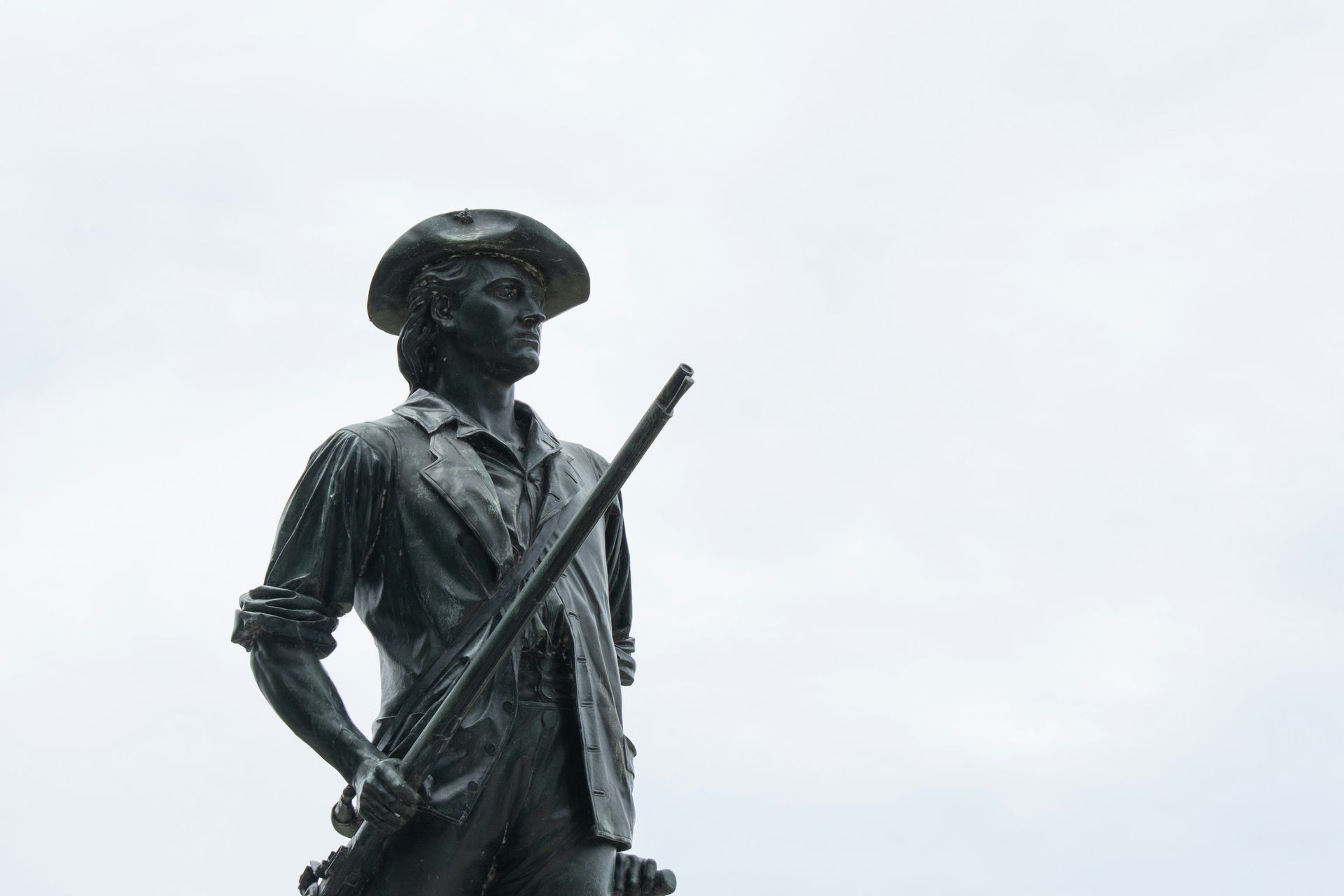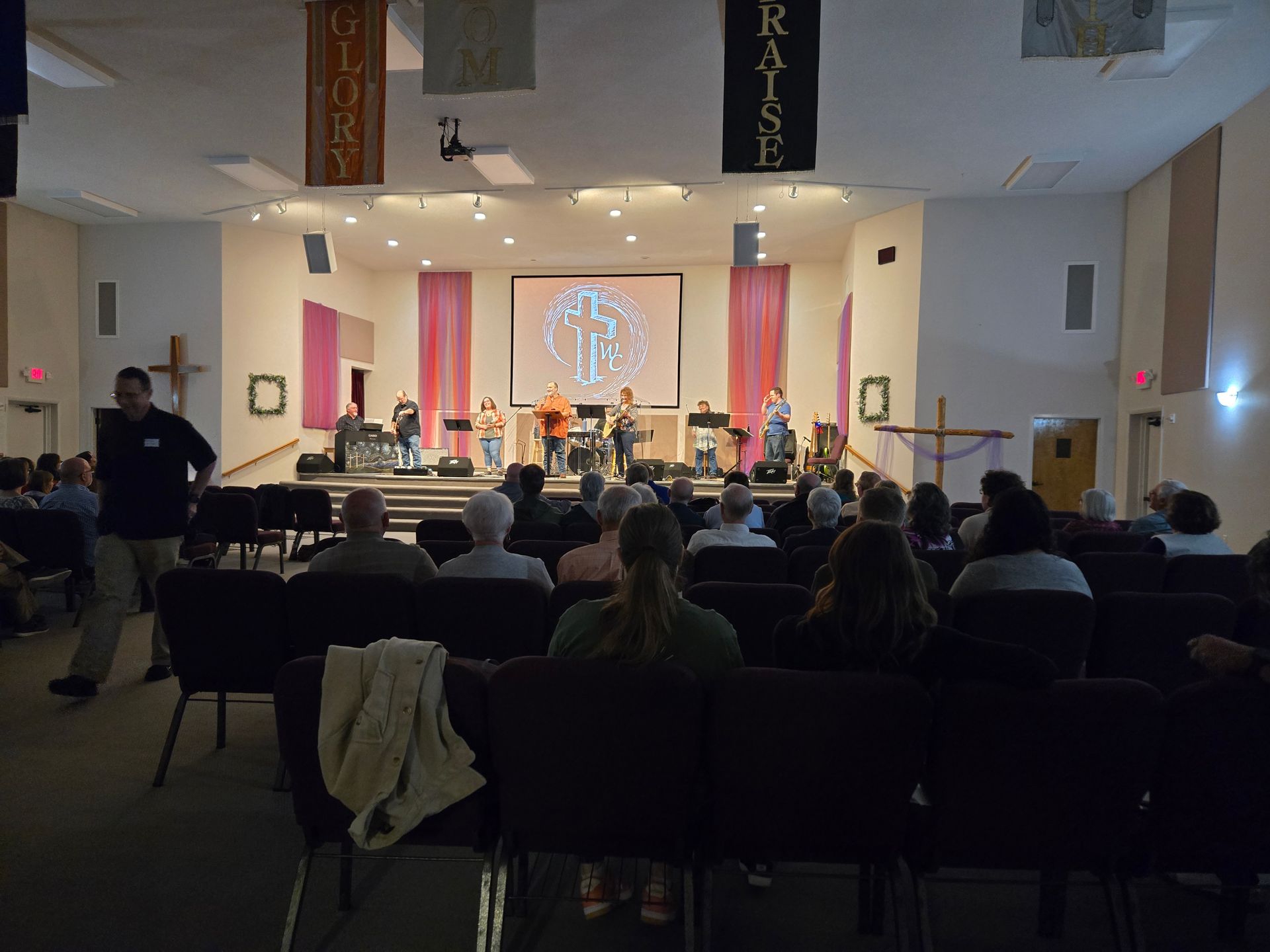Individual Authority in a Faith Community
Me and We. Four letters; two small words; two big concepts. Both lie at the heart of the faith and function best when working in tandem.
Me is the individual. Brethren have always emphasized the individual, to a point. They understood that God is readily accessible to individuals and that grace—the water of life—is free for all who thirst. When the early Brethren accepted Christ, they changed, and this hinged on them, on their decision. Many Brethren still believe in God’s active presence in their lives and in the power of individuals to choose.
Moreover, the Me has historically benefitted American religion. Innovators, empowered by the First Amendment, have swept aside synods, presbyteries, conferences, and assemblies to determine for themselves God’s will and then test their conclusions with public opinion. Until
recently, the free-for-all in the religious marketplace, resulting from individual discernment, has kept American religion fit, trim, competitive, and relevant, unlike its European, tax-supported counterpart.
We is the faith community. For generations Brethren believed in the church as the ultimate source of authority. The collective wisdom of the gathered community outweighed individual judgment, which could drift into error, and the congregation expected individuals to yield to its
greater wisdom. Brethren used their freedom of choice to obey God, non-conform to the world, and conform to the fellowship of believers.
When Me and We are out of balance, problems erupt. Individualism can easily spin out of control. If believers have a direct one-on-one relationship with God, if they have Jesus in their hearts, if they converse freely with the creator of the universe, they reason that no other authority is required. Doesn’t the church with its preachers, councils, and seminaries just get in the way or, at least, become superfluous? In modern times, self-fulfillment has added to the dominance of individual authority. Taking a page from Norman Vincent Peale, Joel Osteen, and others, many now believe that the heart of faith is the inner self, true and noble. Just find yourself.
How can the church exist if we all march to our own, unique beat, and if we’re all getting in touch with ourselves as the ultimate authority? Even a casual glance at the news and current social problems reveals that excessive reliance on individualism is dysfunctional.
But overweighting community authority is another potential trap. If, as the early Brethren insisted, the church’s authority is the ultimate, what room exists for individual quirks, idiosyncrasies, and creativity? At what point does obedience to the congregation become oppressive and stifling? Do we have the right to be wrong without getting into trouble with the faith community? The traditional Brethren system, from which The Brethren Church eventually rebelled, had more wiggle room for individualism than we might think, but sometimes it wasn’t enough.
Currently, the social pendulum swings at apogee towards individualism. I have a friend pursuing a graduate degree in ministry, and she reports that her classmates fundamentally distrust authority, leaving unsaid that they only consider themselves as legitimate authority. But I, too, struggle with individualism. Sometimes my idiosyncrasies help me practice my faith in a secular world, but finding a comfortable counterweight to my individualism is challenging.
Perhaps the starting point is to accept that it’s hard to be faithful alone. Eighteenth-century Pennsylvania Quakers had a wonderful metaphor for this. They believed in the inner light, that everybody has a little of God in them. This inner light resembles a hot coal. If the hot coal is left to itself, isolated, it will likely die out, but if gathered with other coals, it will burn brighter than ever. In this scheme, Me and We both have vital roles.
May Brethren gather together and with humility listen to others, including those with more experience, more expertise, and more education than us. May we seek role models, both lay and clerical. If the Bible is our authority, may we be open enough to change our minds on interpretation. May we learn from and be inspired by the church.
Steve Longenecker is Professor of History, emeritus, Bridgewater College (VA).










